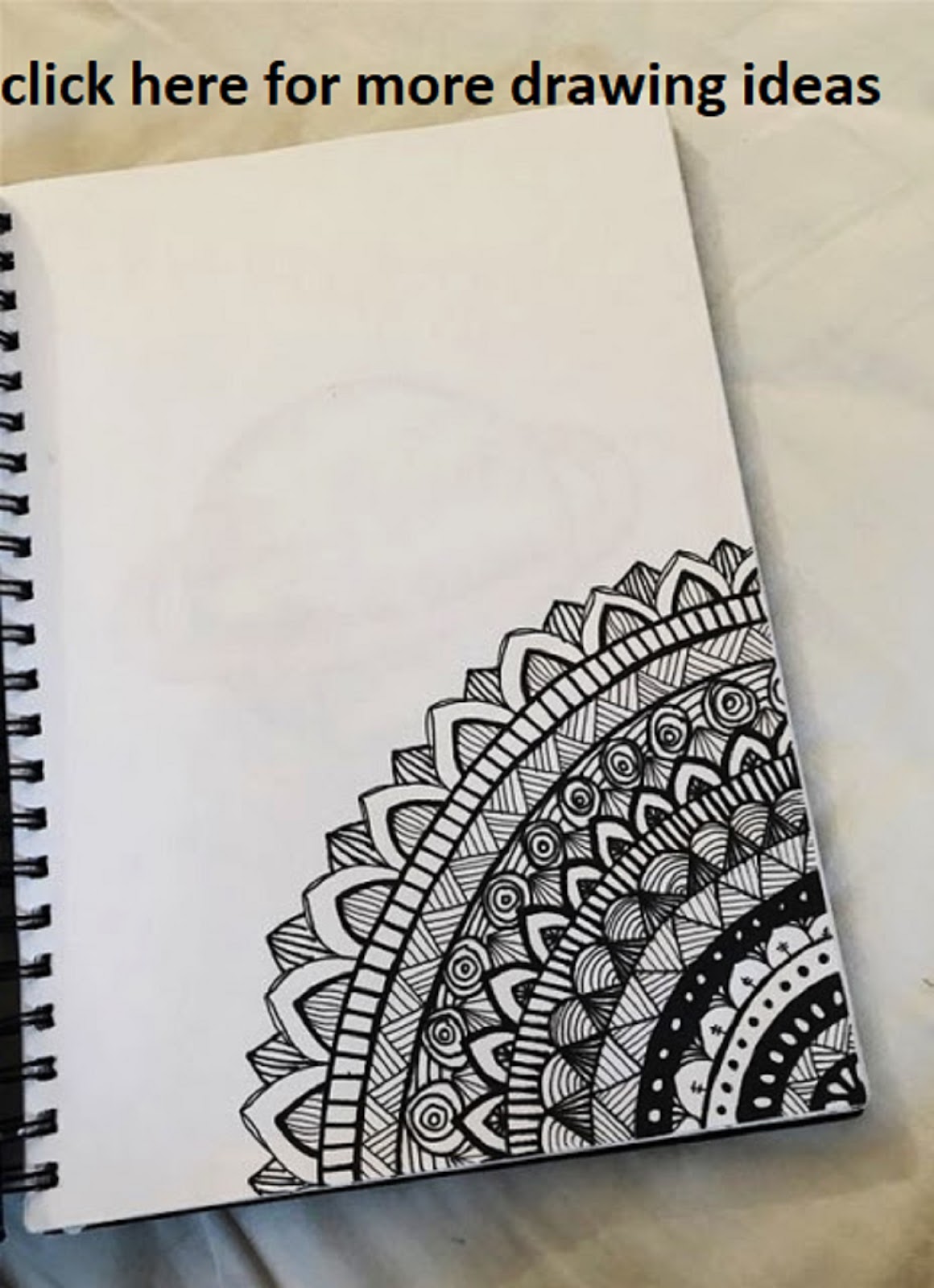Unleash Your Inner Artist: Fun and Realistic Drawing Ideas
Looking for a creative outlet that's both engaging and rewarding? Drawing offers a fantastic way to express yourself, sharpen your observation skills, and create something beautiful. But where do you start? This article explores the world of fun and realistic drawing subjects, offering inspiration and guidance for artists of all levels. Whether you're a beginner or a seasoned artist, there's a realistic drawing idea waiting to capture your imagination.
The urge to depict the world around us is as old as humanity itself. From cave paintings to Renaissance masterpieces, realistic drawing has played a crucial role in visual storytelling and artistic expression. Initially, drawing served practical purposes, like recording historical events or conveying information. Over time, it evolved into a sophisticated art form, capturing the nuances of light, shadow, and texture. One of the biggest challenges in realistic drawing is mastering accurate proportions and perspective, which are essential for creating a convincing illusion of three-dimensional space on a flat surface.
Realistic drawing involves replicating the appearance of objects, people, or scenes as they appear in real life. This involves careful observation and attention to detail, including accurate representation of shapes, values, and textures. For beginners, simple objects like fruits, vegetables, or household items make excellent starting points. As you gain confidence, you can progress to more complex subjects like portraits, landscapes, or animals. Drawing a simple apple, for example, teaches you to observe the subtle curves, highlights, and shadows that give it its form.
Engaging with enjoyable realistic drawing exercises offers numerous benefits. Firstly, it improves your observational skills, training your eye to notice the subtle details that make up the world around you. Secondly, realistic drawing enhances your hand-eye coordination, strengthening the connection between your mind and your hand. Finally, it provides a powerful sense of accomplishment, boosting your confidence as you see your skills develop. Imagine the satisfaction of capturing the likeness of a loved one in a portrait or recreating the beauty of a natural landscape.
Ready to get started? Gather your materials – pencils, paper, eraser, and perhaps a blending tool – and choose a subject that sparks your interest. Begin with a light sketch to establish the basic shapes and proportions. Gradually add details, paying attention to light and shadow to create depth and realism. Don't be afraid to experiment and make mistakes; learning is part of the process. Remember, the goal is not to create a perfect replica but to enjoy the journey of artistic exploration.
Advantages and Disadvantages of Realistic Drawing
| Advantages | Disadvantages |
|---|---|
| Improves observation skills | Can be time-consuming |
| Enhances hand-eye coordination | Requires patience and practice |
| Boosts confidence and creativity | Can be frustrating for beginners |
Best Practices:
1. Start with simple subjects: Begin with basic shapes and gradually progress to more complex forms.
2. Practice regularly: Consistent practice is key to improving your skills.
3. Use reference images: Photographs or real-life objects can help you accurately capture details.
4. Experiment with different techniques: Explore various shading and blending methods to achieve different effects.
5. Seek feedback: Share your work with others and ask for constructive criticism.
Real Examples:
1. Drawing a still life of fruit.
2. Sketching a portrait of a friend.
3. Creating a landscape drawing of a favorite place.
4. Drawing your pet.
5. Drawing a detailed study of a flower.
Frequently Asked Questions:
1. What materials do I need for realistic drawing? Pencils, paper, eraser, and optionally blending tools.
2. How do I improve my proportions? Practice drawing basic shapes and use guidelines.
3. What is the best way to shade? Experiment with different techniques like hatching and cross-hatching.
4. How do I draw realistic textures? Observe the surface details and try to replicate them with your pencil.
5. How long does it take to learn realistic drawing? It depends on your dedication and practice, but consistent effort will yield results.
6. What are some good resources for learning realistic drawing? Books, online tutorials, and art classes.
7. How do I overcome frustration when learning to draw? Remember that mistakes are part of the process, and don't be afraid to experiment.
8. What are some fun realistic things to draw for beginners? Simple objects like fruit, vegetables, or everyday household items.
Tips and Tricks:
Use a light touch when sketching initial outlines.
Vary the pressure of your pencil to create different values.
Practice drawing from different angles.
Take breaks when you feel frustrated.
In conclusion, exploring fun realistic drawing ideas is a rewarding journey that fosters creativity, sharpens observation, and enhances hand-eye coordination. From simple still lifes to intricate portraits, the possibilities are endless. Embrace the process of learning, experiment with different subjects and techniques, and don't be afraid to make mistakes. The joy of creating something beautiful with your own hands is a truly fulfilling experience. So grab your pencils and paper, and embark on your artistic adventure today. The world awaits your unique perspective and artistic expression. Remember that practice makes progress, and the more you draw, the more your skills will flourish. Don't hesitate to explore the resources available online and in libraries to further your learning. With dedication and passion, you can unlock your artistic potential and discover the endless possibilities of fun realistic drawing. Start small, stay consistent, and enjoy the journey of creating something truly special.
Unmasking the minds who forged the fate of mercenaries gaming
Breaking barriers the rise of male models with down syndrome
Unmasking the chevy tahoes towing prowess how much can it really haul














